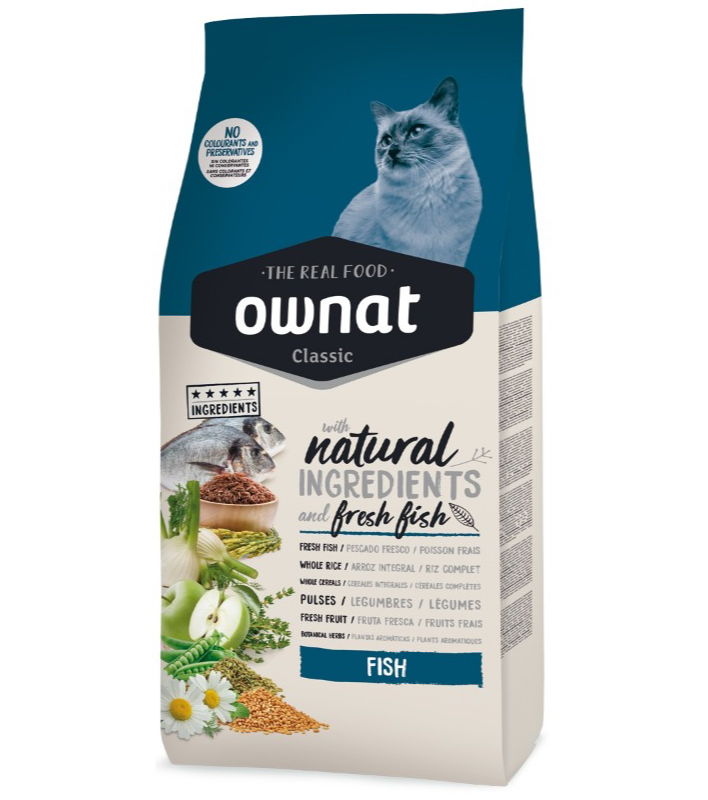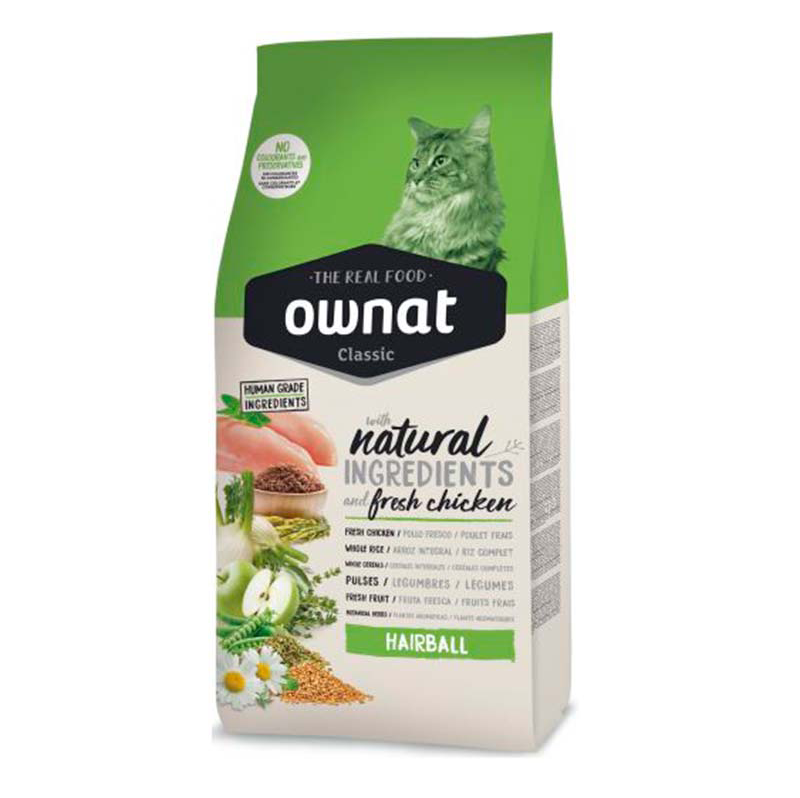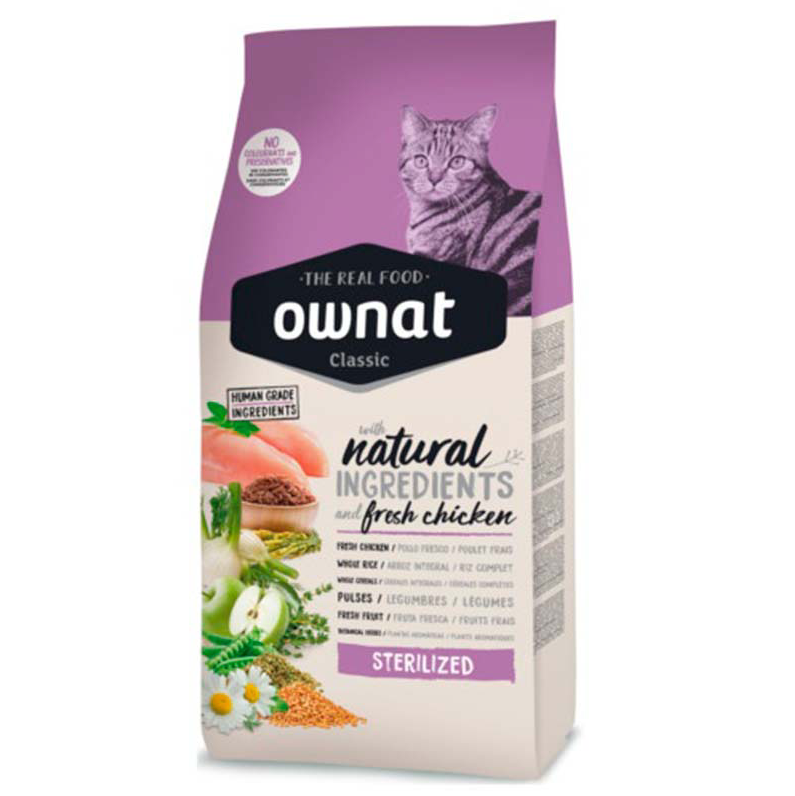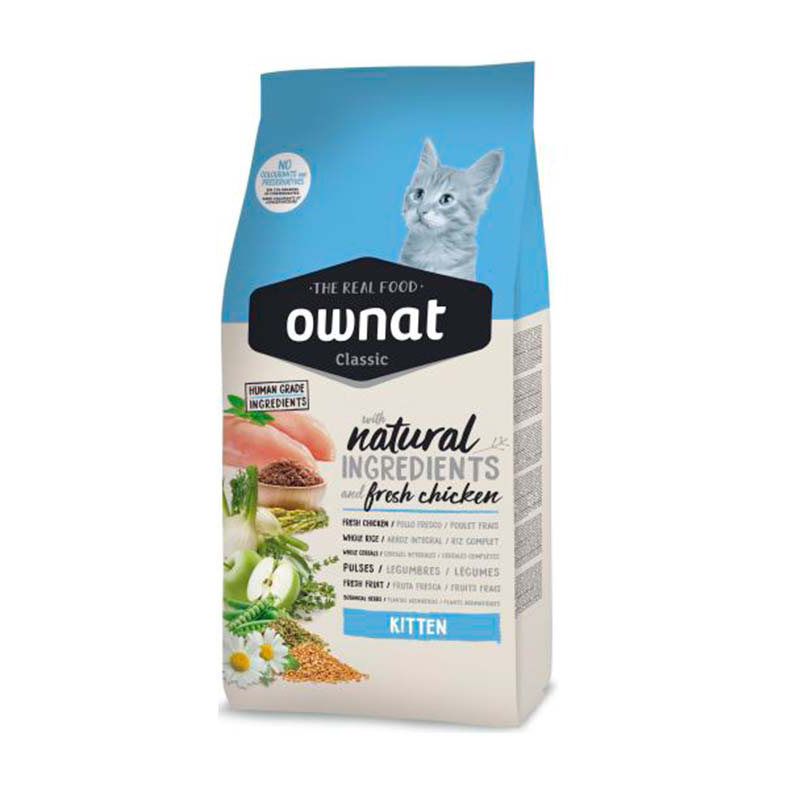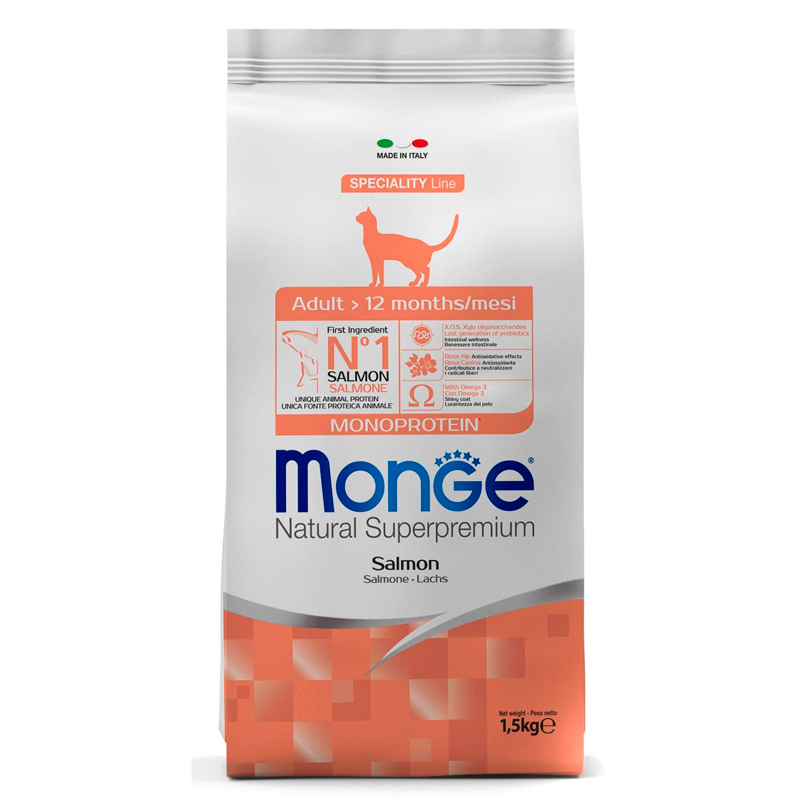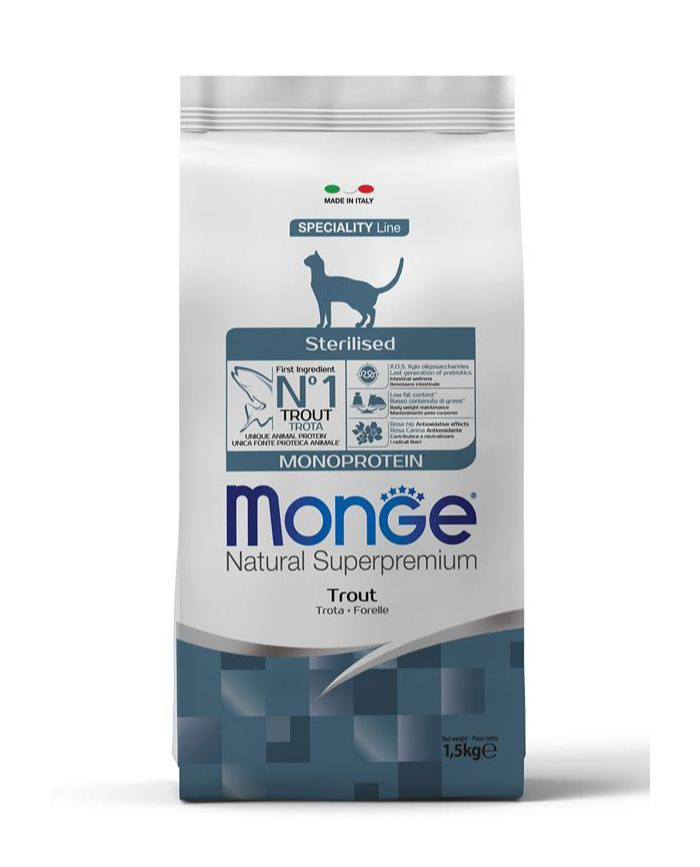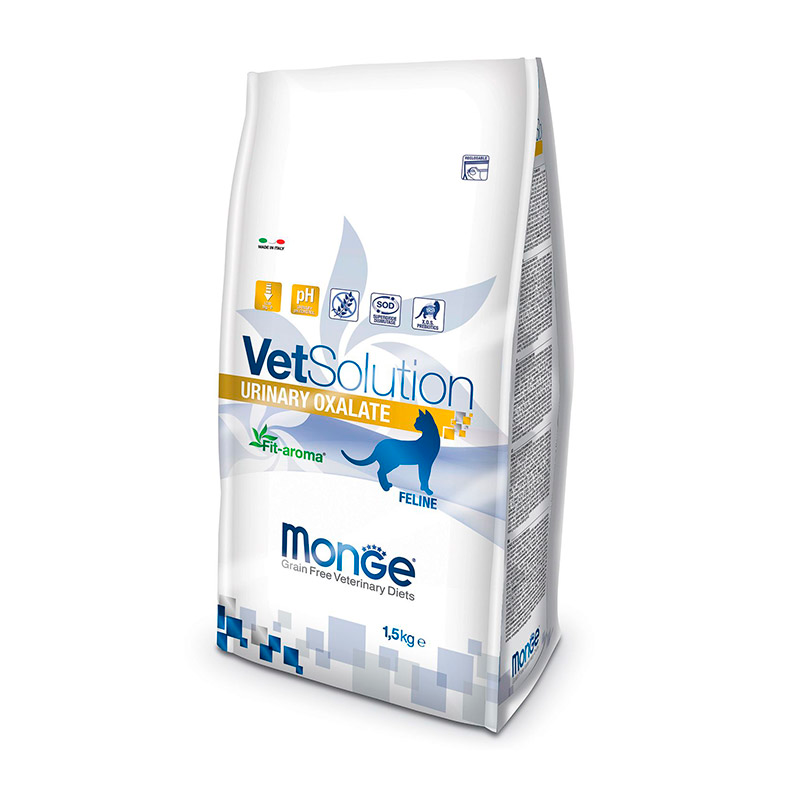

MONGE VETSOLUTION CAT URINARY OXALATE (Cat) 🐈 1.5kg
MONGE VETSOLUTION URINARY OXALATE FELINE is a complete dietetic feed for cats formulated for the reduction of oxalate stones formation. Contains melon juice concetrate to neutralize free radicals, green tea for urinary support and Xylo-oligosaccharides (XOS) to secure the intestinal microbiota.
- Brand Monge
- Category Dry Food
- Pet Cats
- Nutritional Facts Carbohydrates 34% · Proteins 33% · Lipids 33%
- Quality Super Premium
- Weight 1.5kg
Product Description
Fit-aroma in MONGE VETSOLUTION FELINE URINARY OXALATE contains green tea polyphenols. Calcium oxalate stones have an approximately 10% relapse at 6 months and a 35% relapse at 12 months. The goal of prophylaxis is to lower the amount of calcium oxalate by lowering the levels of calcium and oxalate in the urine also increasing the volume of urine to dilute the minerals and induce a neutral to alkaline pH.
Since antioxidant therapy prevents calcium oxalate precipitation in the kidney and reduces oxalate secretion in animals predisposed to stone formation, deposition of calcium oxalate crystals into the urinary tract epithelium is prevented by free radical trapping, which protects the membrane from damage.
Fit-aroma in MONGE VETSOLUTION FELINE URINATY OXALATE contains green tea polyphenols, which support the stimulation of glomerular filtration and contribute to increasing the volume of urine. Thereby, the concentration of minerals is diluted and the risk of crystal formation is reduced. Green tea supplementation reduces urinary oxalate excretion and reduces the activity of urogenglutamyl transpeptidase and N-acetylglucosaminidase, which is harmful to glycosaminoglycan, the layer that protects the bladder epithelium.
Protein: As being overweight may increase the risk of oxalate stone recurrence, the protein content of MONGE VETSOLUTION FELINE URINARY OXALATE is predominantly of animal origin (an animal-to-vegetable ratio of 2.5), when combined with carnitine, ensures optimal body weight and helps to maintain it (protein / kcal 84)
Minerals: Urinary calcium excretion in cats appears to be largely independent of dietary factors and is mainly regulated by changes in intestinal absorption rather than by regulation of renal excretion. Higher levels of calcium in the gut increase the intestinal complexation between calcium and oxalate, reducing intestinal absorption and renal excretion, thereby reducing the risk of developing calcium oxalate or other calcium-containing crystals and stones

